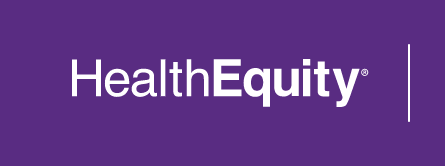In the 401(k) marketplace, you will occasionally find separate companies that will sign onto your 401(k) plan in the role of 3(38) Investment manager, and even 3(16) Plan Administrator. However, when sponsors use these separate companies without a Named Fiduciary, their combined plan services often become fragmented and expensive.
What is a 3(21) named fiduciary?
The 3(21) Named Fiduciary is not the same as a financial advisor under ERISA section 3(21). The 3(21) Named Fiduciary is quite different. The 3(21) is often referred to as "The Mother of All Fiduciaries" because their primary role is to select, monitor, and benchmark the other fiduciaries and plan service providers.
What are the responsibilities of a 3(21) named fiduciary?
The duties of a 3(21) Named fiduciary are generally set by ERISA and include the following:
- Monitor the assignment and performance of fiduciary duties of the Plan Administrator, Investment Manager, and Investment Advisors.
- Provide oversight of the committee responsible for selecting and benchmarking plan service providers and provide an annual review of such.
- Verify and Document ERISA bond and fiduciary insurance coverage of all parties.
- Create and maintain written documents covering the roles and responsibilities of plan fiduciaries.
Who is the 3(21) named fiduciary?
On almost all 401(k) plans, the company sponsoring the plan for their employees is the plan sponsor and 3(21) Named Fiduciary. Consequently, they take on the risk and work associated with selecting and monitoring other fiduciaries and plan service providers.
What are the risks of being a 3(21) named fiduciary?
When it comes to fiduciary risk, the buck stops here. When plan service providers or other fiduciaries make mistakes, the 3(21) is usually held responsible to the extent that their oversight was not effective because it is their responsibility to select and monitor these providers. This is why the companies sponsoring plans often get stuck holding the bag of fees, fines, and penalties when it comes to 401(k) lawsuits and audits.
Should you be acting as a 3(21) named fiduciary?
If fiduciary compliance is your area of expertise, perhaps you should be acting in this role. However, it's our belief that almost all companies are better served by outsourcing this role and offloading the related fiduciary risk and work.
We often get the question of whether or not an employer can really offload all of their fiduciary risk and work while sponsoring a plan for employees. Of course, the answer is no, you can't mitigate 100% of the responsibility. Since you are adopting or sponsoring a plan for your employees, you always carry some level of risk. However, that risk is significantly mitigated when you offload the roles that carry large lists of fiduciary duties.
This article was produced in collaboration with HealthEquity Retirement Services, LLC. HealthEquity Retirement Services, LLC is a wholly owned subsidiary of HealthEquity, Inc. Nothing in this communication is intended as legal, tax, nancial or medical advice.


